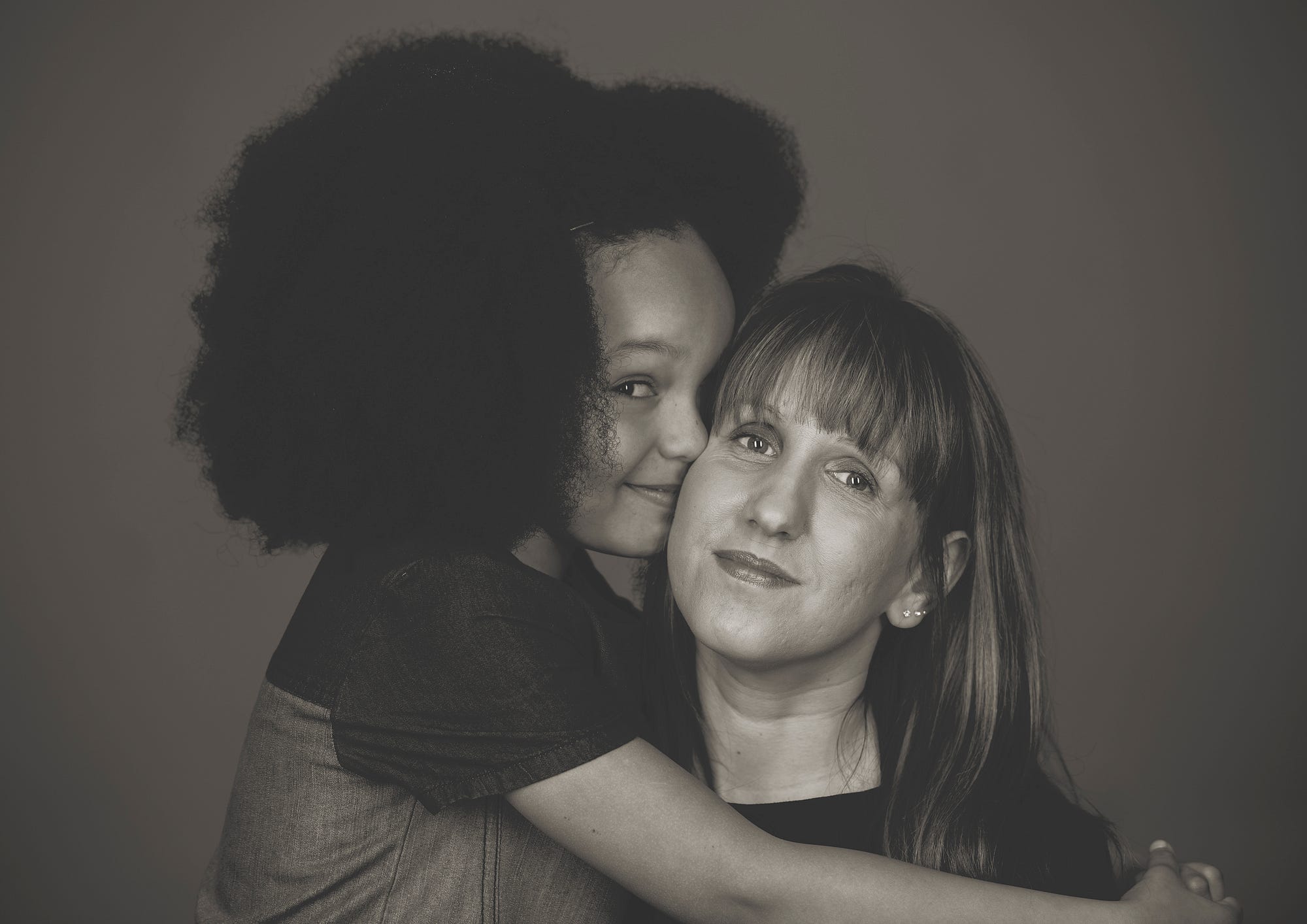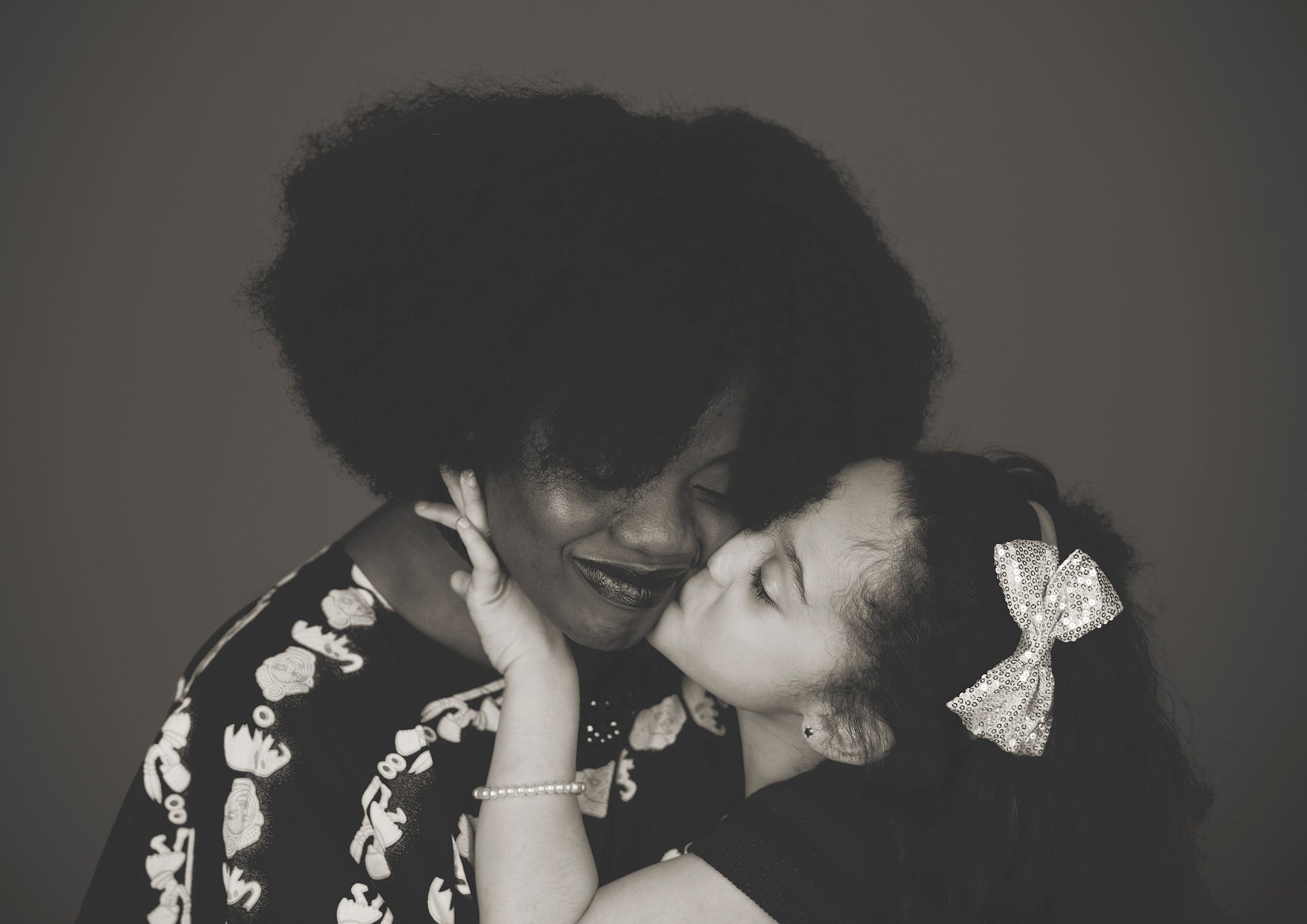Mom Writes Book, ‘Bad Hair Does Not Exist!’ For DaughtersPosted in Articles, Book/Video Reviews, Family/Parenting, Latino Studies, Media Archive, United States on 2016-02-21 21:19Z by Steven |
Mom Writes Book, ‘Bad Hair Does Not Exist!’ For Daughters
NBC News
2016-02-17
 Bad Hair Does Not Exist/Pelo Malo No Existe! is a Children’s Book by Sulma Arzu-Brown. |
“Bad Hair Does Not Exist!” is a new bilingual book that encourages young Black, Afro-Latino, and multi-racial girls to see themselves, and their hair, as beautiful.
Sulma Arzu-Brown, who calls herself a “Garifuna” woman or Afro-Latino from Honduras, was inspired to write the book after her three-year-old daughter’s babysitter commented that little Bella Victoria had “pelo malo,” which is a Spanish term for “bad hair.”
She knew then that she could either be angry or be a part of the solution, so she chose to write a book.
“The book is a tool of cultural solidarity and a tool of empowerment for all of our little girls,” said Arzu-Brown whose daughters are now 4 and 11. “The term ‘Bad hair’ or ‘Pelo Malo’ is divisive to both community and family, and can contribute to low self-esteem.”…
Read the article here.




